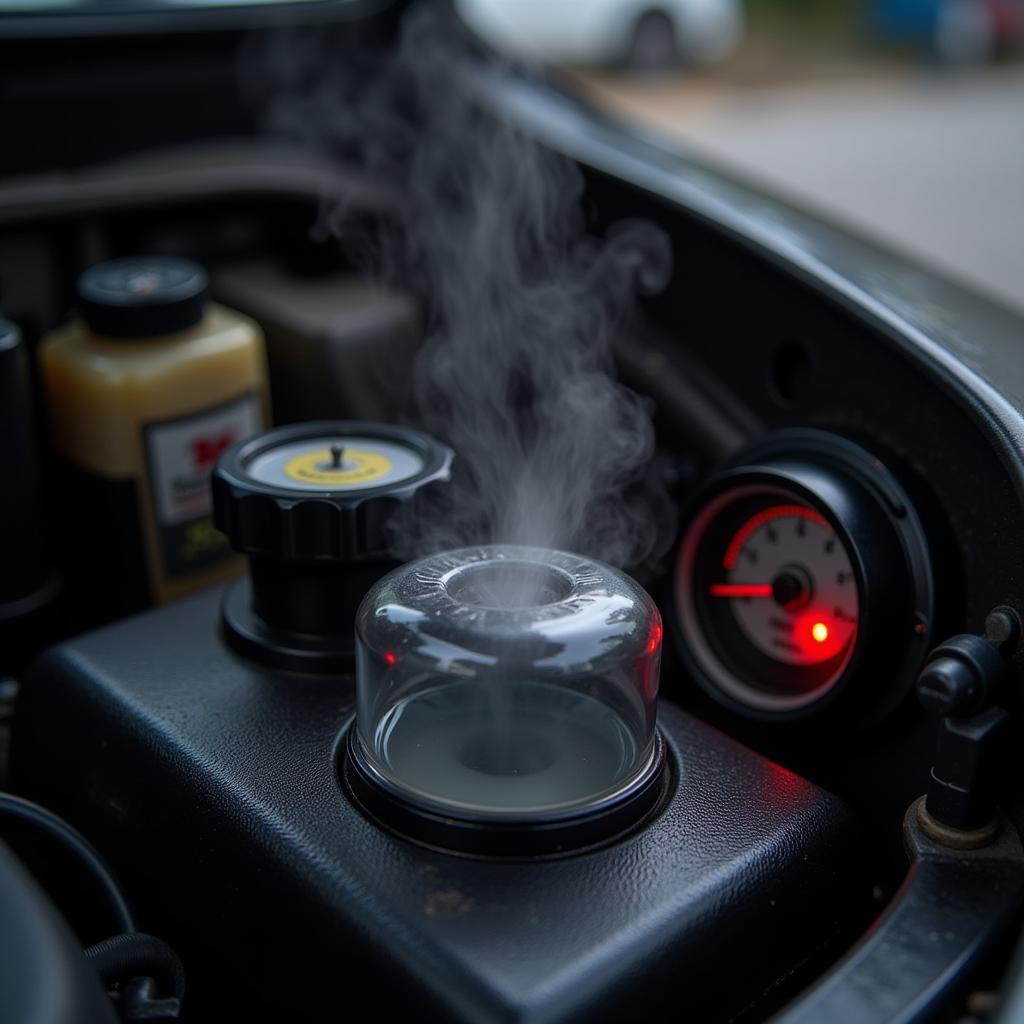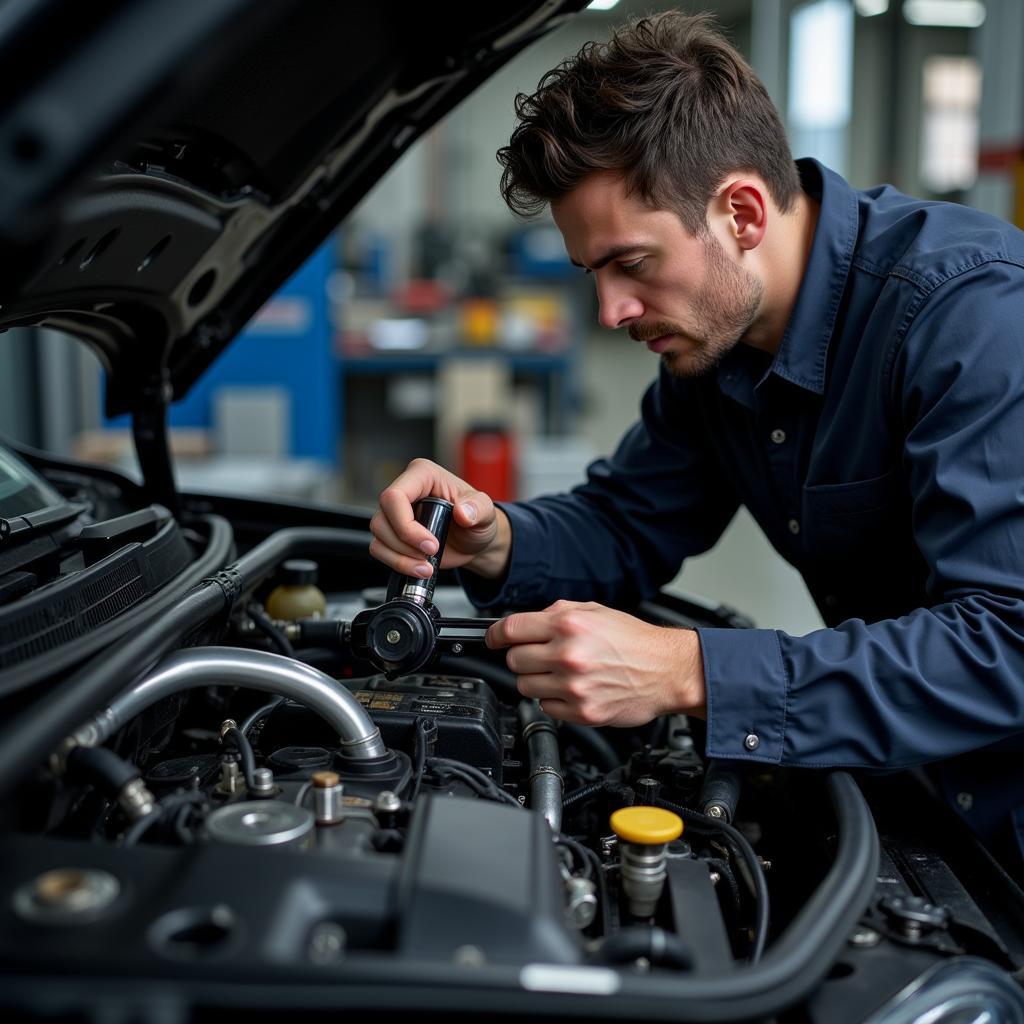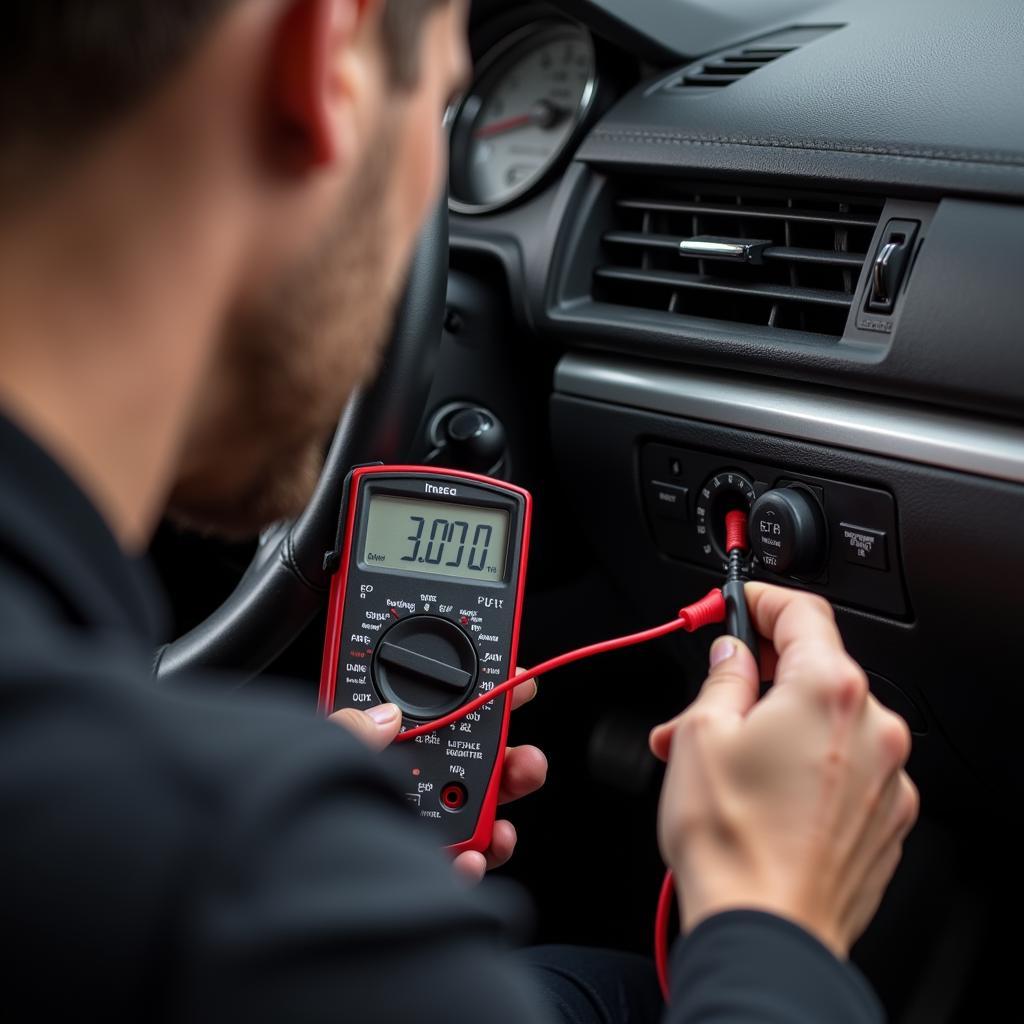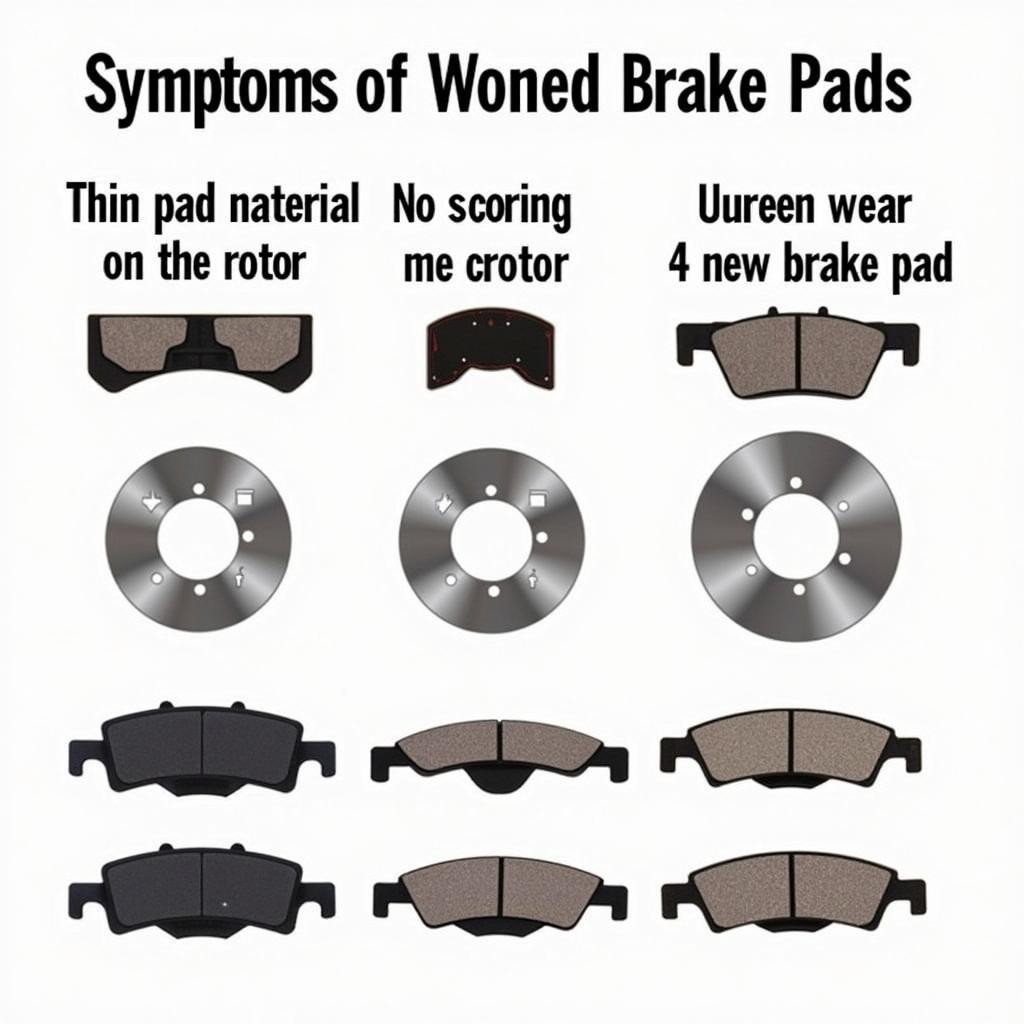Engine overheating is a common car problem, often linked to antifreeze issues. If your car is experiencing overheating, understanding the role of antifreeze and how to troubleshoot related problems is crucial. This guide will help you diagnose and potentially fix the issue, saving you time and money. Let’s dive into the world of car problems, specifically engine overheating and antifreeze solutions. Read more about car radiator problems from our experts signs of car radiator problems.
Understanding the Role of Antifreeze
Antifreeze, also known as coolant, does more than just prevent your engine from freezing in cold weather. It also raises the boiling point of the cooling system fluid, preventing overheating in hot conditions. It also protects against corrosion within the cooling system. Neglecting your antifreeze can lead to a variety of car problems, including engine overheating, which can cause severe damage.
A common misconception is that antifreeze only needs to be checked during winter. However, it’s a year-round essential. Regularly checking the antifreeze level and condition is a key part of preventative car maintenance.
Common Causes of Engine Overheating Related to Antifreeze
Several issues related to antifreeze can cause your engine to overheat. These include low coolant levels, leaks in the cooling system, a faulty thermostat, a malfunctioning water pump, or a clogged radiator. Each of these scenarios requires a different approach to diagnosis and repair.
-
Low Coolant: This is often the easiest problem to fix. Simply topping off the coolant can often resolve the overheating issue. However, it’s important to determine why the coolant level was low in the first place, as this could indicate a leak.
-
Leaks: Leaks can occur in various parts of the cooling system, such as the radiator, hoses, water pump, or even the engine itself. A pressure test can help pinpoint the location of the leak.
-
Faulty Thermostat: The thermostat regulates the flow of coolant through the engine. A stuck closed thermostat can restrict coolant flow, leading to overheating.
-
Malfunctioning Water Pump: The water pump circulates coolant throughout the engine. A failing water pump can’t effectively circulate coolant, causing the engine to overheat. For more information on overheating car problems, check out this helpful resource: problems overheating car.
 Low Coolant Level Leading to Engine Overheating
Low Coolant Level Leading to Engine Overheating
Diagnosing the Problem
Identifying the specific cause of engine overheating requires careful inspection. Start by checking the coolant level when the engine is cold. Look for leaks by inspecting the hoses, radiator, and water pump for signs of wetness or dripping. If you suspect a thermostat or water pump issue, consult a qualified mechanic for a proper diagnosis. They have specialized tools and expertise to pinpoint the problem accurately.
If your car’s heater isn’t working correctly, it might be related to your overheating issue. Learn more about diagnosing car heater problems by visiting how to diagnose car heater problems.
John Smith, a certified automotive technician with over 20 years of experience, advises, “Never remove the radiator cap when the engine is hot. The pressurized hot coolant can cause severe burns.”
Preventing Engine Overheating and Antifreeze Problems
Regular maintenance is key to preventing car problems related to overheating and antifreeze. This includes:
- Regularly checking coolant levels: Do this at least once a month.
- Flushing and replacing the coolant: Follow your car manufacturer’s recommendations for the correct interval. Typically, this is every two to five years.
- Inspecting hoses and belts for wear and tear: Replace any damaged components promptly.
- Having the cooling system professionally inspected: This is especially important for older vehicles.
What to Do When Your Engine Overheats
If your engine starts to overheat, pull over to a safe location as soon as possible. Turn off the engine and allow it to cool down completely before attempting any repairs. Adding cold water to a hot engine can cause serious damage. If you are unsure about the cause of the overheating, it’s always best to have the car towed to a qualified mechanic.
If you’ve noticed issues with your car’s fans not turning on, this could also contribute to overheating. Explore potential causes and solutions here: problems of fans dont turn on car.
Maria Garcia, a leading expert in automotive cooling systems, emphasizes, “Ignoring an overheating engine can lead to catastrophic engine failure. Addressing the issue promptly can save you thousands of dollars in repairs.”
 Mechanic Inspecting Car Cooling System
Mechanic Inspecting Car Cooling System
Conclusion
Addressing car problems related to engine overheating and antifreeze requires a proactive approach. Regular maintenance and prompt attention to warning signs can prevent costly repairs and extend the life of your engine. By understanding the role of antifreeze and the common causes of overheating, you can take the necessary steps to keep your car running smoothly. For any further assistance or if you need professional help, connect with us at AutoTipPro. We’re here to help you with all your car maintenance needs. You can reach us at +1 (641) 206-8880 or visit our office at 500 N St Mary’s St, San Antonio, TX 78205, United States. Don’t hesitate to reach out! Experiencing car under heating problems? Find helpful solutions here: car under heating problems.







Leave a Reply